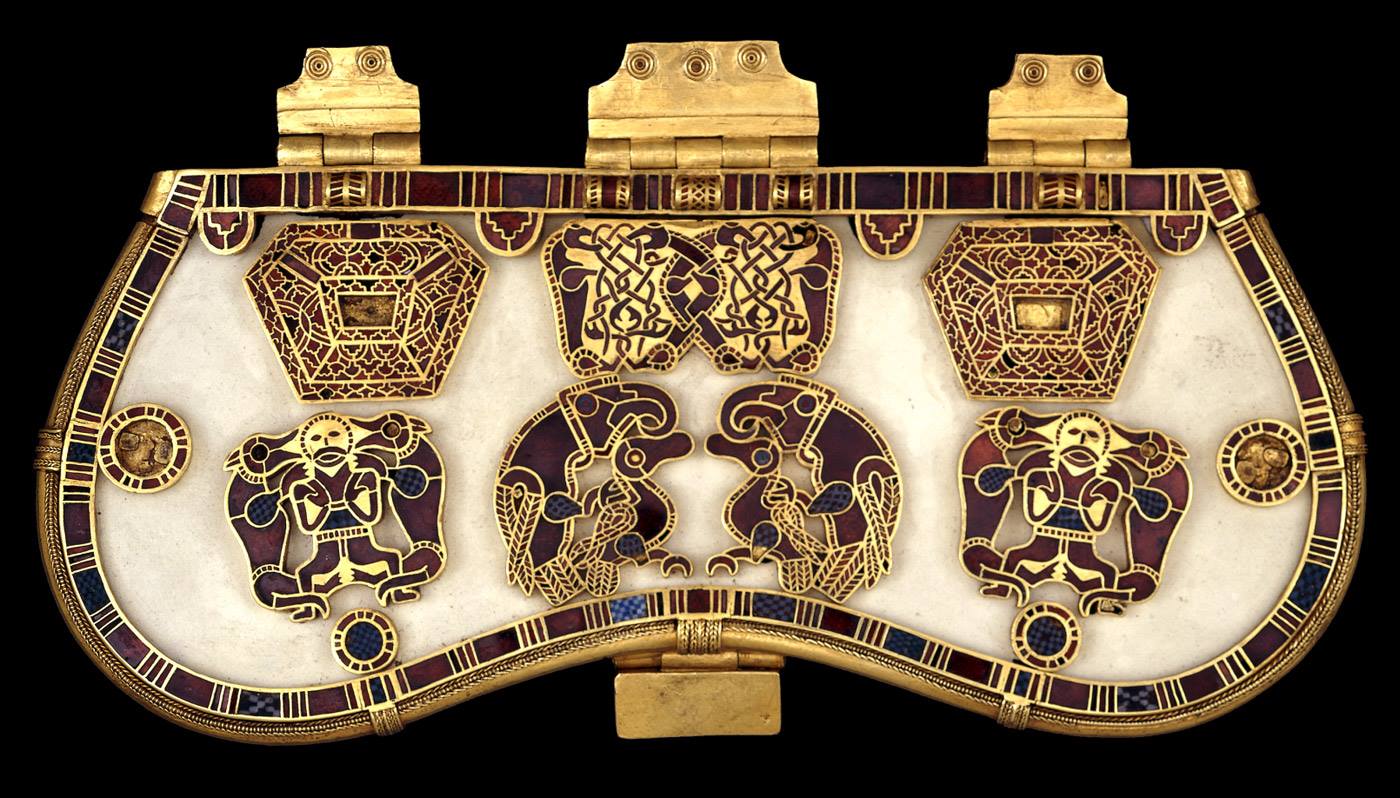From Wikipedia: Link The Argand lamp had a sleeve-shaped wick mounted so that air can pass both through the center of the wick and also around the outside of the wick before being drawn into a cylindrical chimney which steadies the flame and improves the flow of air. Early models used ground glass which was sometimes tinted around the wick.
An Argand lamp used whale oil, seal oil, colza, olive oil[2] or other vegetable oil as fuel which was supplied by a gravity feed from a reservoir mounted above the burner.
A disadvantage of the original Argand arrangement was that the oil reservoir needed to be above the level of the burner because the heavy, sticky vegetable oil would not rise far up the wick. This made the lamps top heavy and cast a shadow in one direction away from the lamp’s flame. The Carcel lamp of 1800, which used a clockwork pump to allow the reservoir to sit beneath the burner, and Franchot’s spring-driven Moderator lamp of 1836 avoided these problems.
The same principle was also used for cooking and boiling water due to its ‘affording much the strongest heat without smoke’.[3]


